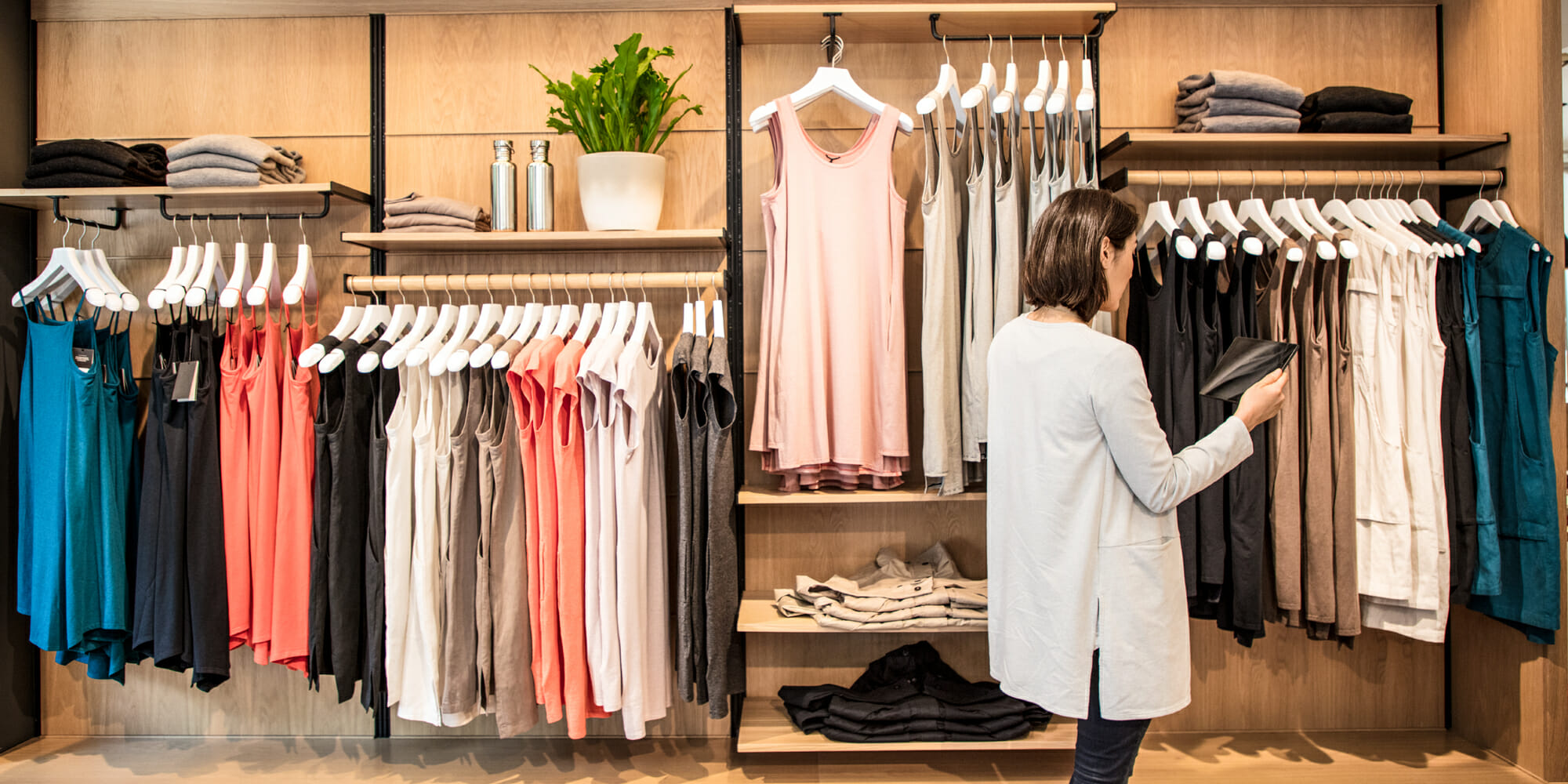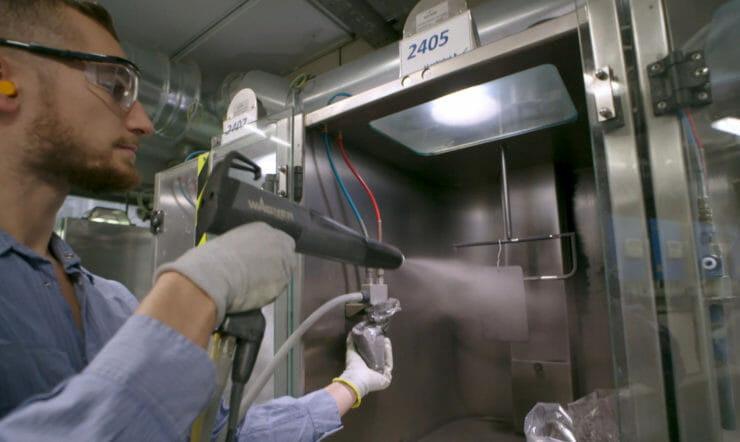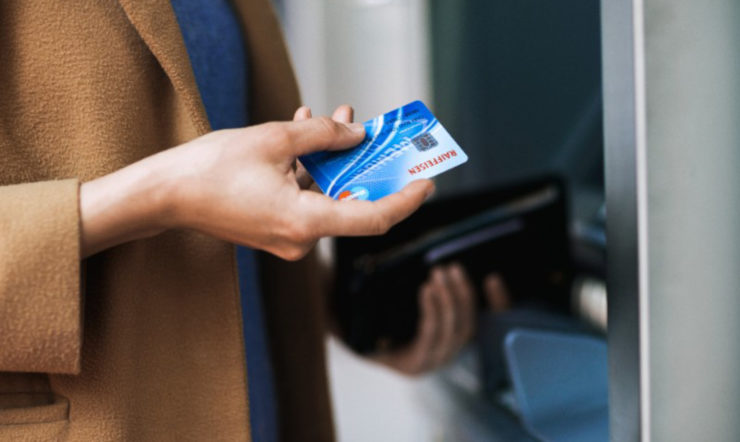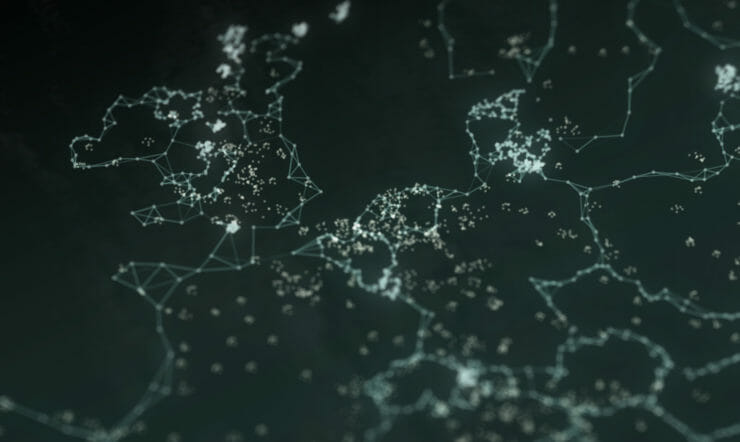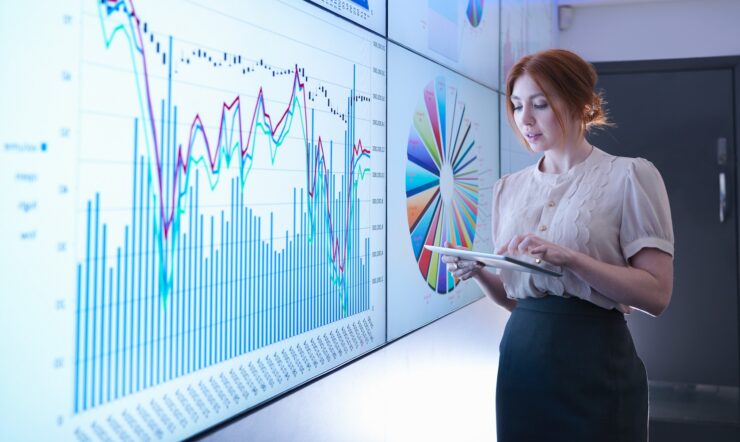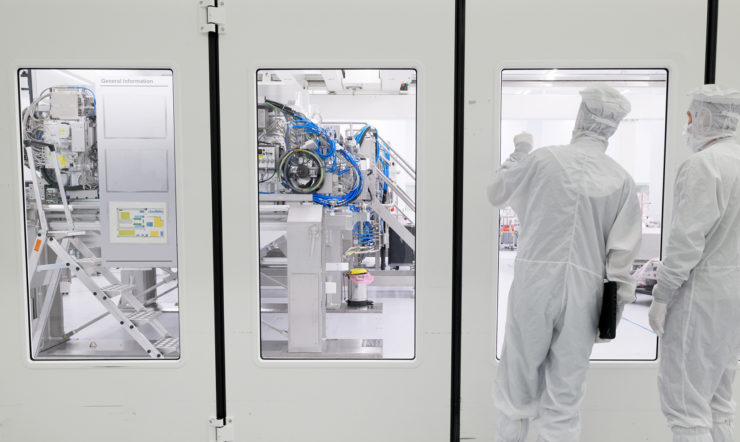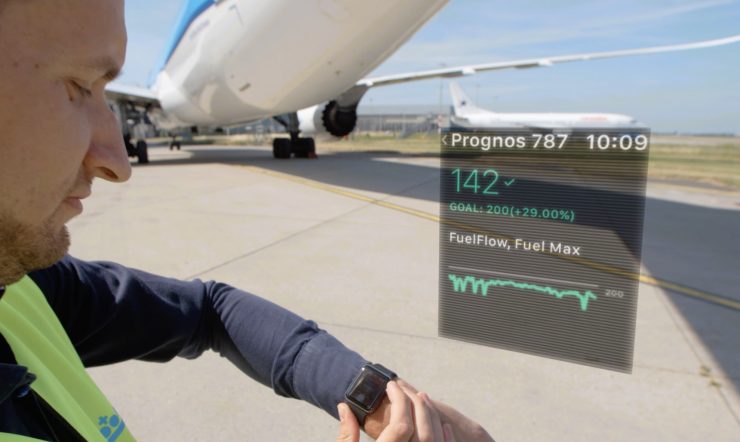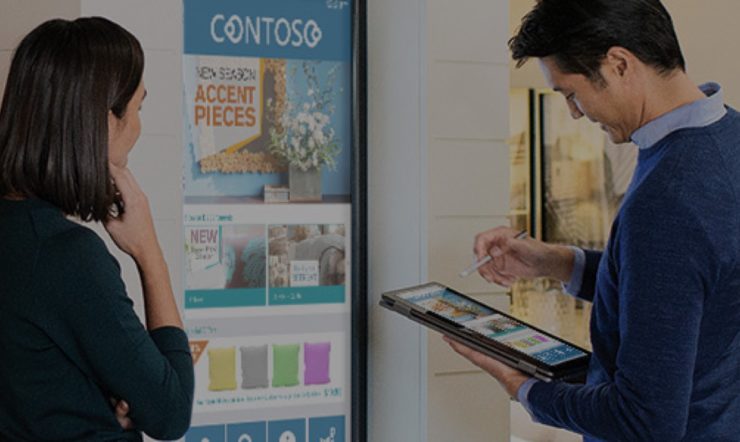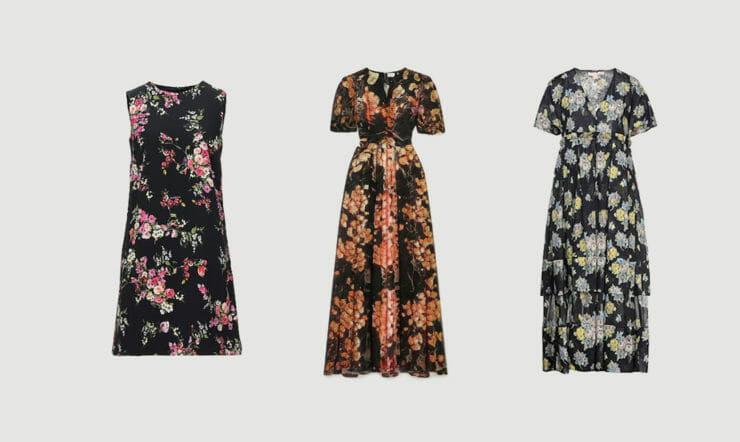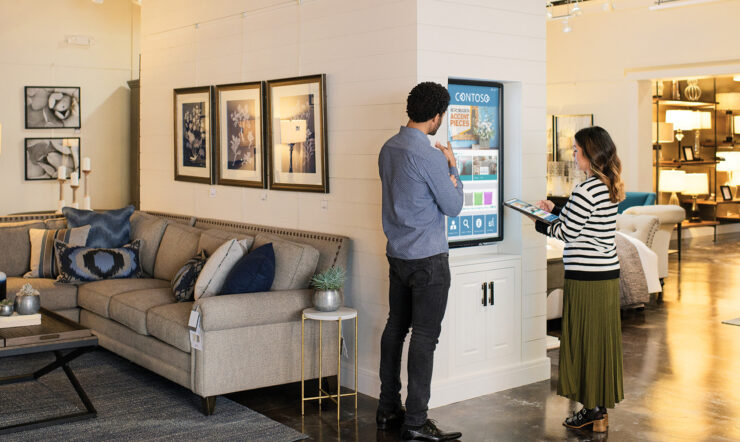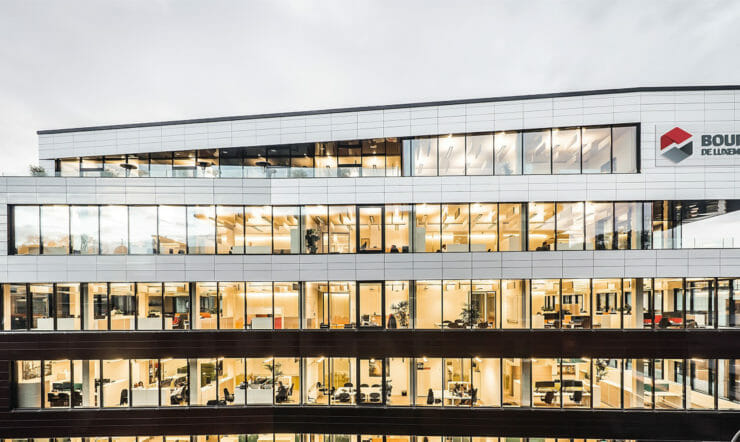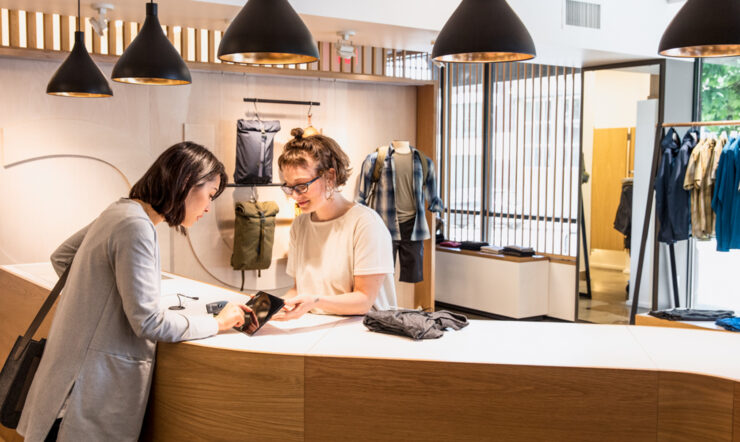Fashion brands all over the world have spent the past year reimagining the industry with a more digital mindset. The disrupting effect of COVID-19 has forced them to keep their stores shut for long months, cancel their fashion shows and make their day-to-day operations much more complex than they used to be.
Yet as the National Chamber of Italian Fashion recently proved, change isn’t necessarily negative. The opportunities offered by new technologies – such as augmented reality – make the future of the sector exciting and filled with potential.
With this in mind, in the lead up to July 2020’s Milan Fashion Week, the organization announced a new collaboration with Microsoft and Accenture that aimed to open fashion brands up to the digital world and support their recovery.
“For the first time in our history, we are experimenting with a highly innovative formula through a live digital platform to tell the story of Italian fashion,” Carlo Capasa, Chairman of the National Chamber of Italian explained.
“We are presenting a revolutionary project that will open Milan Fashion Week up to a broader audience of non-professionals: a demographic composed of younger generations that consume fashion via images.”
A three-layer platform to survive the test of time
Developed in partnership with Microsoft and Accenture, the platform was used to host the first-ever Milan Digital Fashion week, showcasing highlights from the main events. It quickly became a key hub for fashion brands, emerging designers and industry professionals to interact with buyers, media, and influencers through a multi-channel experience that included chats, videoconferences, bots and holograms.
“This platform enables fashion industry stakeholders – from brands and buyers to trendsetters – to come together to experience the magic of Milan Fashion Week in a new, digital way,” Alessandro Zanotti, Managing Director at Accenture Interactive, commented.
His company was responsible for designing and developing the platform, on top of which Microsoft deployed its cloud and artificial intelligence solutions including Microsoft Teams and Dynamics 365 CRM. They also made it possible for brands to develop customized apps and virtual agents through the Microsoft Power Platform.
With help from experts such as Episerver and Avanade, the companies built the platform with three layers:
- a fashion content hub for live streaming of fashion shows, virtual catwalks and other industry-related events and roundtables;
- a virtual showroom system, showcasing digital catalogues and ambience virtualization, as well as providing dedicated support to manage ordering processes;
- a data-driven insights platform, accessible to professionals, to obtain business insights from people’s interaction with brands, events and content.
“Now more than ever, it is essential to look at new technologies as an opportunity to drive positive change,” said Luba Manolova, Director and Business Group Lead Microsoft 365 & CyberSecurity, Microsoft Italia. “The fashion world represents one of the country’s flagships and by making available our cloud platforms and digital expertise, we mean to support this strategic industry in its recovery.”
A testament to Microsoft’s long-term commitment to sustainable fashion
Microsoft has long been determined to support the fashion industry in a digital and sustainable way, and this initiative is a prime example.
The platform has been designed to evolve according to the sector’s future demands, with a view to supporting the industry’s entire value chain through more digitization. This will drive significant environmental benefits and help make processes more efficient, ensuring healthier and more sustainable rhythms to the seasonal cycles of fashion.
Manolova concluded: “Thanks to platforms like Microsoft Teams that help us to communicate and collaborate in a secure and compliant way, enhanced by cloud technologies and AI, we can design innovative digital experiences that will establish long-term benefits for the fashion industry, and help to guide us to develop new sustainable business models that will boost Made-in-Italy brands economic and social power.”


